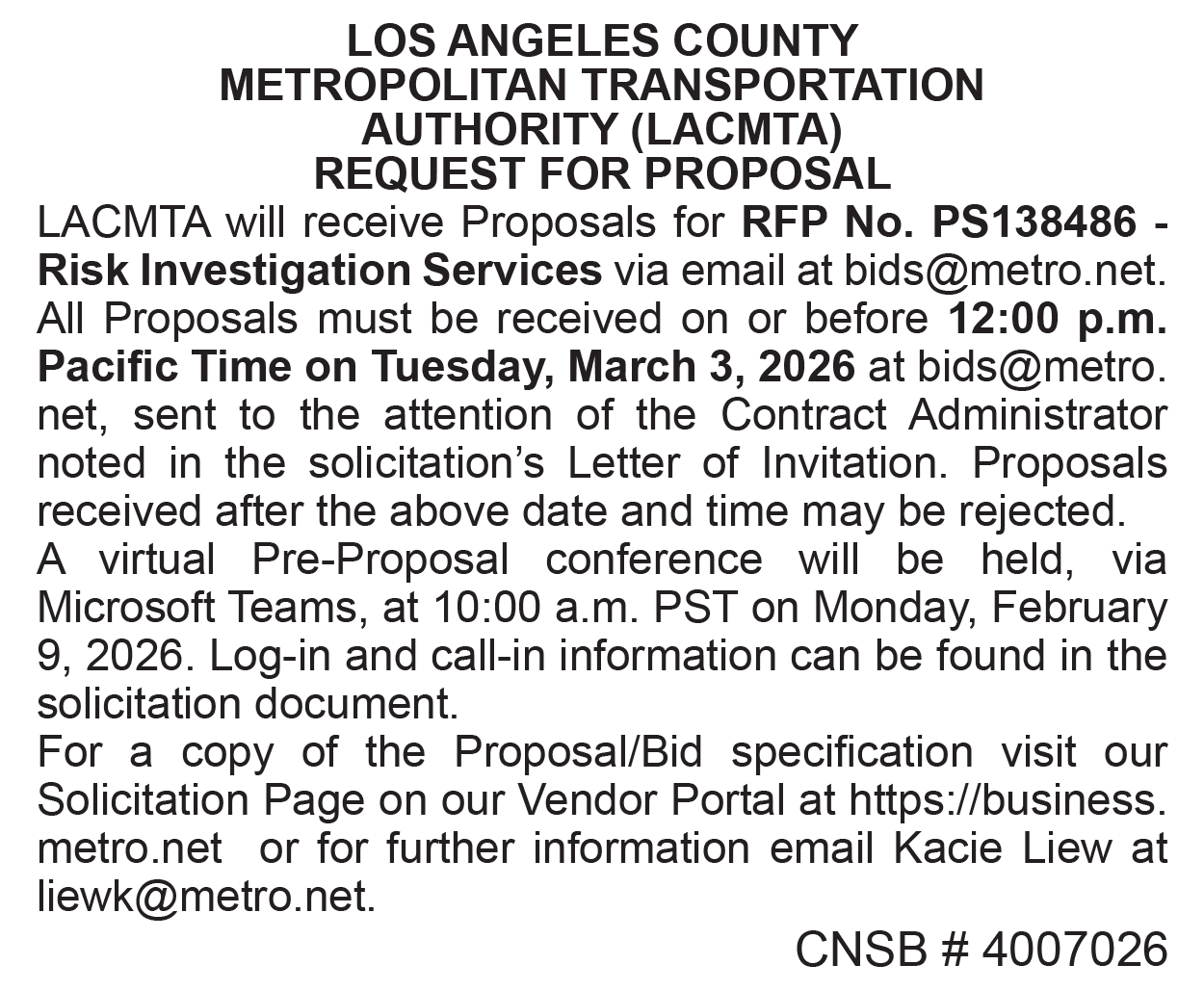Keeping the Balance
Saturday, October 8, 2005 | 0
Though written about California, the editors felt this opinion was applicable to all states given the trend of reforming workers' compensation laws around the country.
By Suzanne Guyan
As we continue applying the recent system reforms to new and pending claims, our injured workers are receiving quality benefits resulting in more positive outcomes. The measure of the outcomes should be the same for employees and employers. That is, early return to productive work and treatment that restores the worker to pre-injury job duties whenever possible. What we have been hearing from opponents of the reforms is that the system has gone too far. They claim benefits are not adequate or necessary treatment is being denied.
The crisis in workers' compensation did not occur overnight. It came about through gradual growth of excessive treatments and misplaced incentives. Employers are proceeding cautiously so that the opposite - delaying or denying an injured worker's recovery - does not occur. Keeping such a balance means doing what's best for the injured worker. Not more; not less. We do not have a perfect system. We do have one where the true stakeholders, employers and employees, are the prime participants with consequences for failure to meet their responsibilities.
During the recent legislative session, over 100 workers' compensation bills were introduced. With few exceptions, the bills attempted to modify or scale back the reforms. Fortunately, the bills were not allowed to become law. California needs the reforms to be fully implemented and then have time to work in order to achieve a credible level of actual claims experience. We then can more clearly and carefully determine where the system needs further attention.
Injured workers who are not satisfied with their care have resources available to them more productive than adversarial litigation. The Information and Assistance office has been upgraded with staff that is familiar with the changes in the law and the claims process. Medical Provider Networks allow the employee three choices of physicians to determine the need of medical care. For others Alternate Dispute Resolution (ADR) provides an efficient and streamlined Ombudsman process.
Today's California workers' compensation system is an improvement for injured workers who wish to return to productive work as quickly as possible. But the work is not done. Employers are committed to continuing a dialog with Labor to ensure that injured workers receive the highest quality of benefit delivery while addressing unnecessary cost drivers.
Suzanne Guyan is a member of the Workers' Compensation Action Network. www.fixworkerscompnow.org.
-------------------------------
The views and opinions expressed by the author are not necessarily those of workcompcentral.com, its editors or management.







Comments